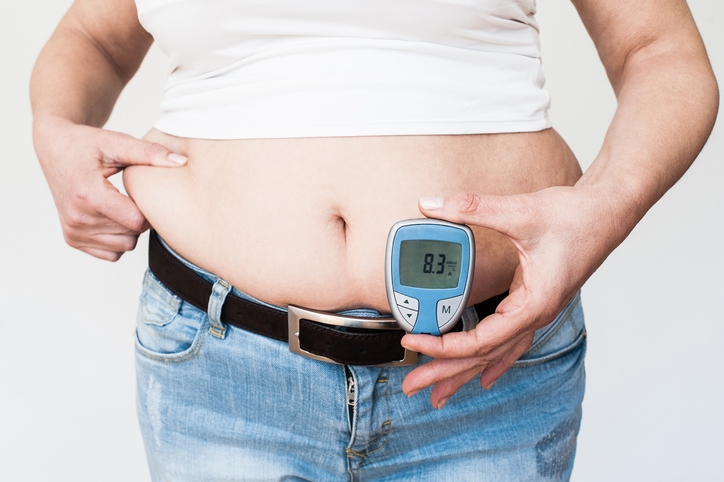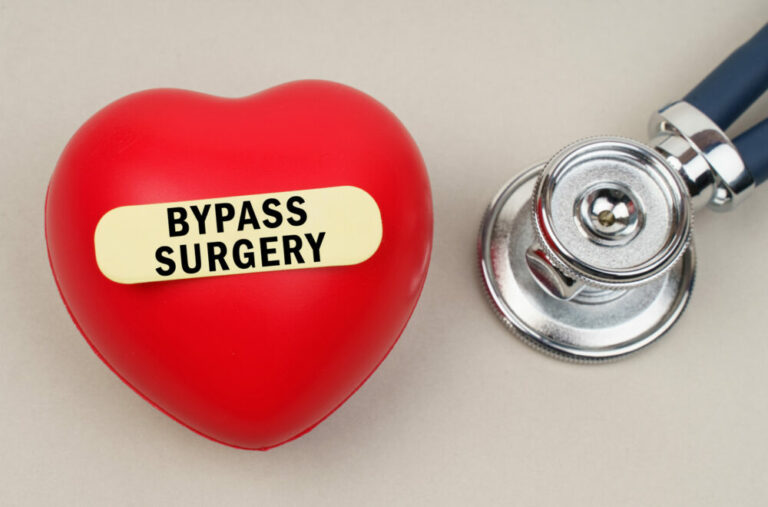Anorexia & Other Eating Disorders after Weight Loss Surgery
If you struggle with eating disorders such as such as anorexia, bulimia, and binge-eating disorder, you might worry about how weight loss surgery might affect you. While bariatric surgery can present some risks in this area, you can still overcome these issues with the right support.
Bariatric Surgery and Eating Disorders
Over the years, various studies have shown a high prevalence of eating disorders among bariatric surgery patients prior to surgery. In addition, some disorders may arise or persist after surgery, either causing malnourishment or undoing the effects of the operation over time.
Anorexia and Bulimia Nervosa
While anorexia nervosa (AN) may be the first eating disorder that comes to most people’s minds, it’s actually not that common. One review found the lifetime prevalence for anorexia was only 0.16% of individuals compared to 0.63% for bulimia nervosa (BN) and 1.53% for binge-eating disorder.
That said, those numbers may be under-reported. Some behaviors, such as under-eating or inducing vomiting, are similar enough to AN and BN.
Binge-Eating and Loss of Control Eating
At the other extreme is binge-eating disorder (BED), which is characterized by loss of control and eating excessive quantities of food.
While excessive eating isn’t typically possible after operations like gastric bypass or gastric sleeve, loss of control while eating may still occur among bariatric patients. Over time, this behavior may undo the benefits of the surgery.
Plugging
After weight loss surgery, patients are advised to chew food thoroughly. If they don’t, one possible result is plugging, in which food gets stuck in the esophagus, causing vomiting. Some individuals find they can do this on purpose, and it becomes an unhealthy habit.
Grazing
Finally, grazing—eating small quantities of food frequently throughout the day—is common among bariatric surgery patients, with prevalence rates reaching nearly 38% of bariatric patients or more. Often, those who binge-eat prior to surgery tend to graze after.
Reasons for Eating Disorders After Weight Loss Surgery
The truth is that weight loss surgery doesn’t cure food addictions or eating disorders. Here are a few reasons why patients may experience eating disorders after surgery.
ED Prior to Surgery
First, an eating disorder prior to surgery make it more likely to persist after. There are often deeply rooted psychological reasons for these disorders, and shrinking your stomach won’t resolve those on its own.
Post-Operative Lifestyle Changes
The lifestyle changes that weight loss surgery is intended to support may also create similar circumstances to those created through eating disorders, such as reduced portion sizes, malabsorption of nutrients, and an intense focus on diet control.
Continued Body Image Issues
In addition, body image issues may persist after surgery. While individuals may lose weight, the result is frequently loose skin, which may become a new focus for their negative concepts of their appearance.
Lack of Adequate Support
Finally, and most importantly, there may be lack of social and professional support. Some bariatric surgery candidates may avoid mentioning existing eating disorders when being evaluated for surgery, and that prevents their surgeon from getting them the specific help they need. Because of this, it’s vital to be honest with your doctor during your evaluation.
Frequent Questions About Eating Disorders and Bariatric Surgery
When it comes to eating disorders and bariatric surgery, these questions often come up.
Is malnutrition common after bariatric surgery?
It is, which is why multivitamins are so important post-op.
Is weight loss surgery good for emotional eaters?
Surgery may help, but you’ll need additional support to deal with the psychological components of emotional eating.
Can gastric bypass or gastric sleeve cause anorexia?
Gastric bypass and gastric sleeve may make anorexia-like symptoms more likely by limiting portion sizes.
Can you become bulimic after gastric sleeve?
It’s possible, but it’s not usually clear whether vomiting is intentional or just the result of eating too much, eating the wrong food, etc.
Reducing the Risk with Individualized Care
Given the highly individual motivations and circumstances that lead to eating disorders, it’s important for you to get individualized support. Dr. Malladi and her team are renowned for providing compassionate, individualized care, and they have a network of professionals at your disposal who can help you with the emotional and mental components of losing weight.
If you struggle with an eating disorder, seek professional support. To learn more about bariatric surgery and overcoming eating disorders, contact Dr. Malladi.







